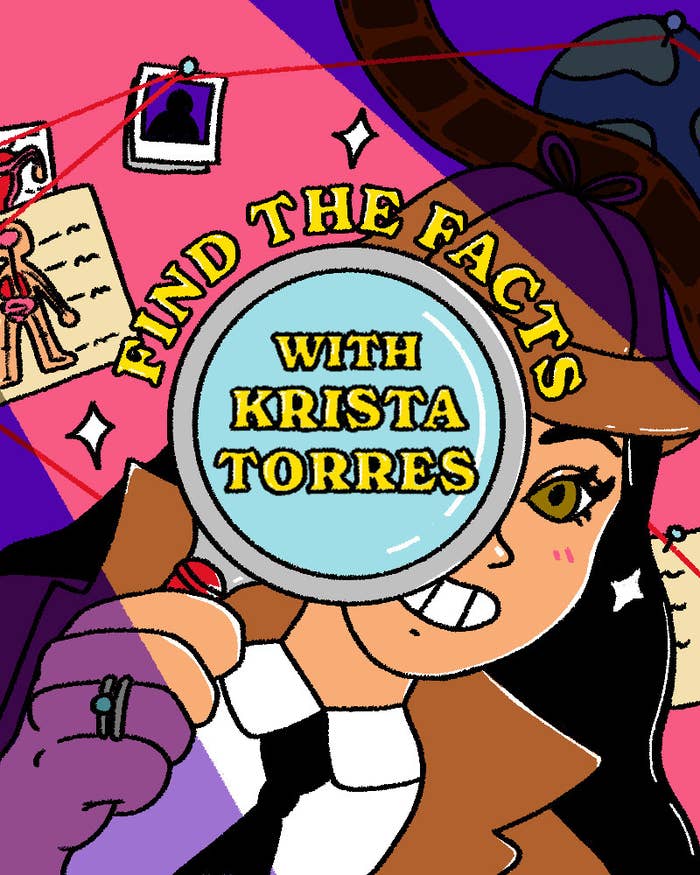
If you're here, welcome to the ~education in a fun way~ side of BuzzFeed. I'm Krista and I find myself saying, "How did I not know this?" more times than I should. So, every week, I talk to real experts to relearn things we may have been taught wrong — or get information on things we don't know but should. Last week, we talked about sex for people with vaginas, and this week we are talking about sleep.
Dr. Carleara Weiss is a top-notch expert, educating us all on important facts about sleep.
Below is the full video of our interview where we discussed all things sleep if you want to watch. Otherwise, scroll down for an in-depth breakdown of the info!
View this video on YouTube
The first thing to know, according to Weiss, is that there are two basic types of sleep: rapid eye movement (REM) sleep and non-REM sleep (which has three different stages). You cycle through these stages several times every night.
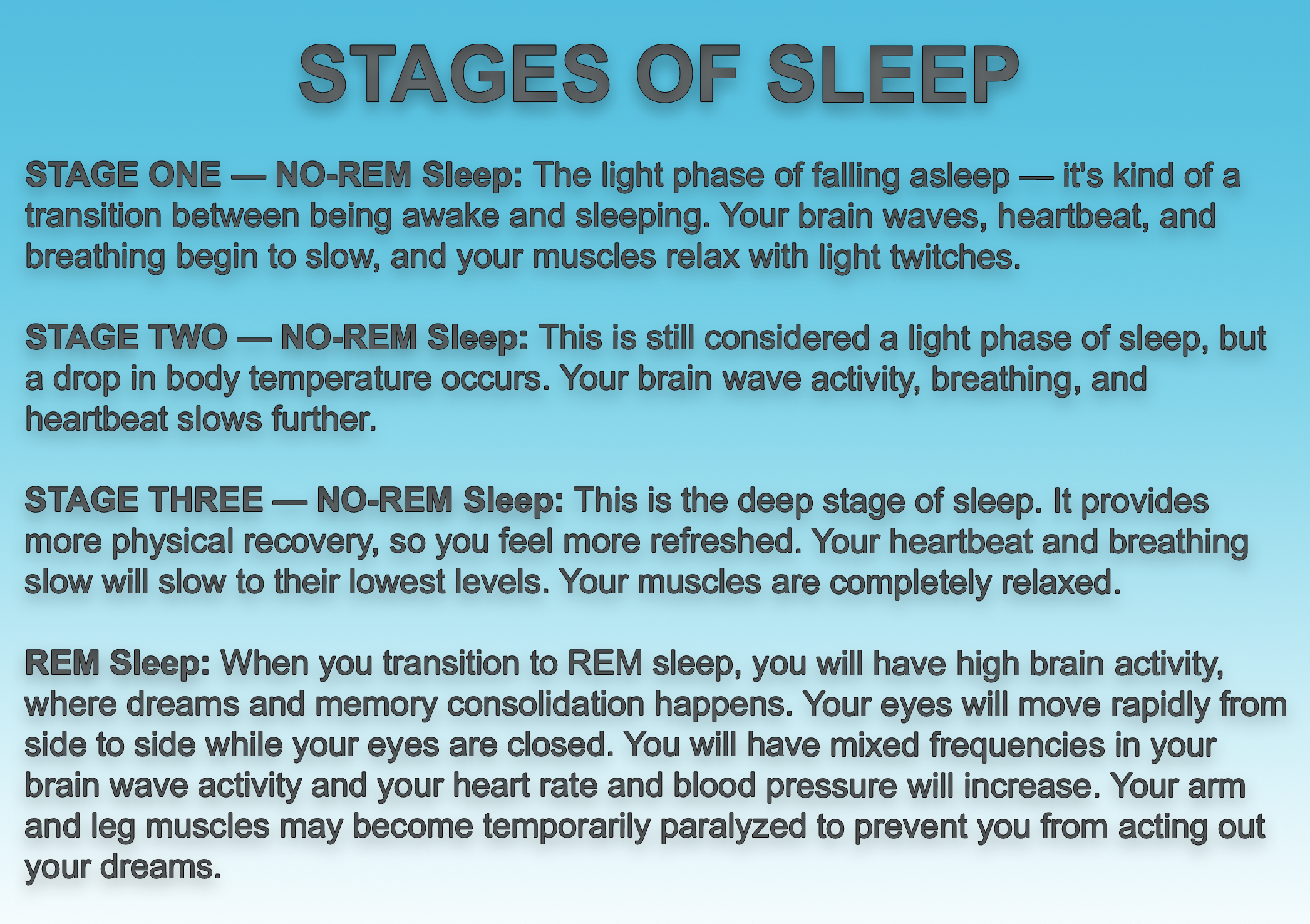
OK, so now that we've established what happens when we sleep, what can we do if we have trouble falling asleep? I asked Weiss about melatonin because that is something I often rely on when I have trouble sleeping.
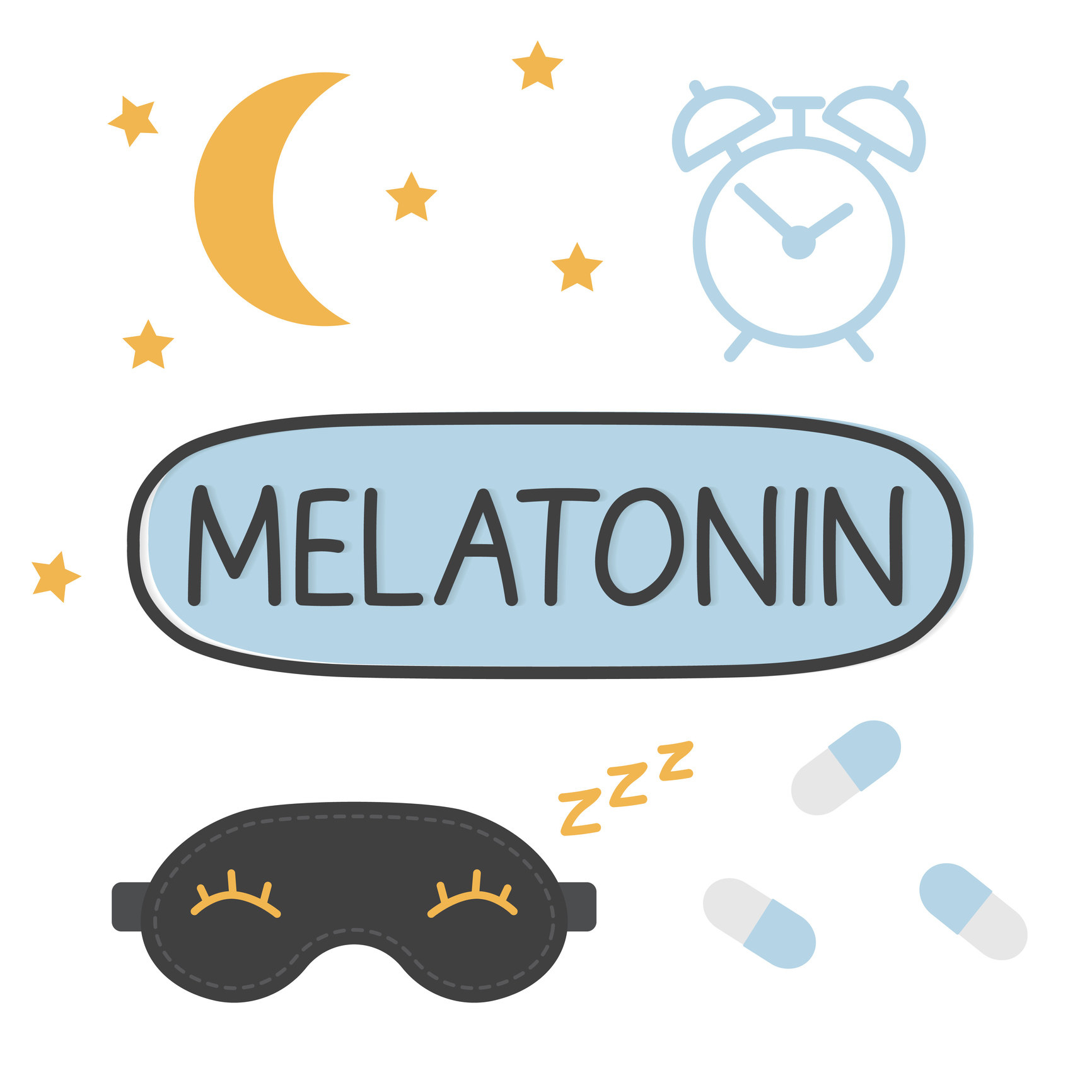
First of all, I felt pretty dumb for not knowing melatonin is a HORMONE. I had always assumed it was a vitamin. Another thing she told me that is pretty surprising is that melatonin can be dangerous because it is not FDA regulated!
So, if you are going to take melatonin, Weiss said you should not exceed a milligram and you should also make sure the product was made in a laboratory that has a good reputation so you know it is pure melatonin.
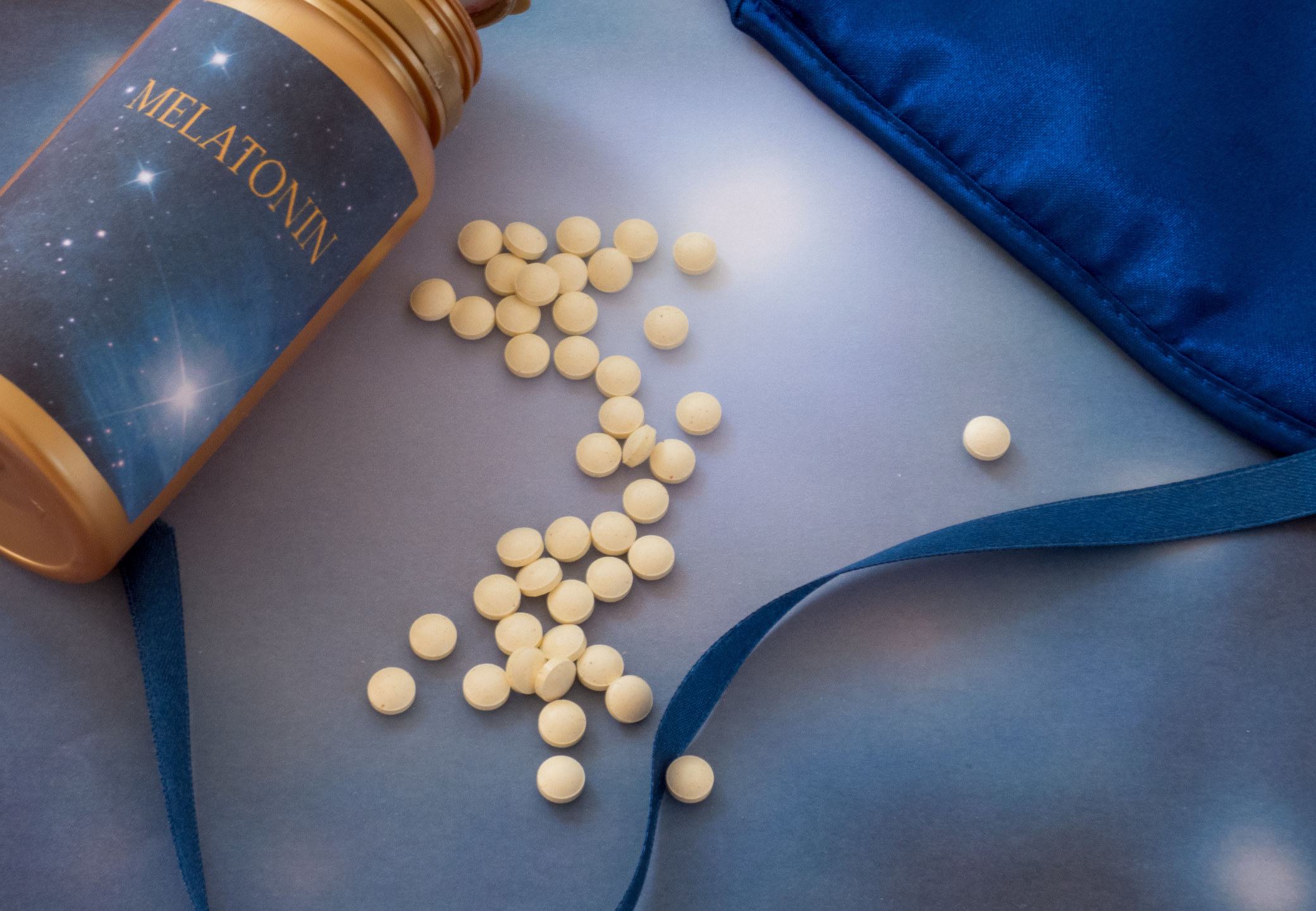
But the best way to fall asleep, if you're having trouble, is to change your behavior, according to Weiss. (I know, I dread this too.) The number one thing we all should stop doing immediately is looking at electronics within one hour of bedtime.
In addition, we should have a set bedtime routine. "We live in a society that is 24/7, so sometimes we are working on our laptops until midnight and then when you shut it down the brain is still processing what is going on with the day. You need time to relax, come down, and go to bed," Weiss added.
It's also important to have bright light within the first hour of waking up. Weiss said, "We need to have very different environmental information to the brain to help the biological clock understand when it's day and when it's night."
A common question Weiss always gets asked is if it's OK to sleep naked. THE ANSWER IS YES! "As long as you are comfortable and safe, it's fine. I would be more concerned with you not having caffeine, alcohol, or smoking before bedtime — and no exposure to electronic devices."
Now that we've established that going commando is totally fine, do we need to worry about what we sleep on? Apparently, we do. Weiss said you should avoid sleeping on a super soft mattress or pillow. She suggests finding a firm to medium-firm mattress that keeps your body in a stable position and also a pillow that will do the same. (My heart hurts hearing this one because I LOVE a fluffy, soft bed.)
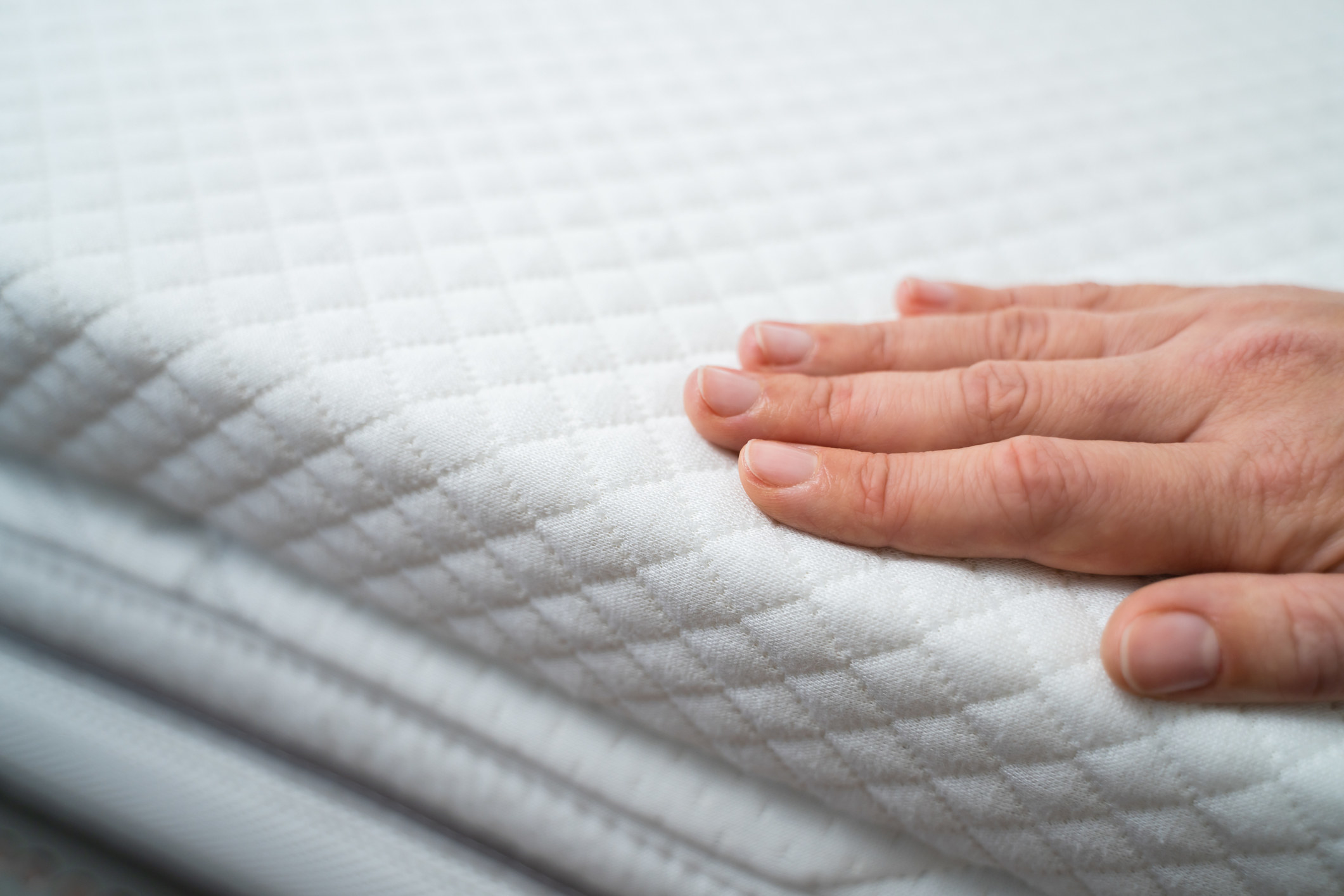
What about devices that monitor sleeping patterns? Are those accurate? It's a yes, according to Weiss and recent studies. She even said that the Fitbit trackers are comparable to getting evaluated in a sleep lab and being hooked up to a polysomnogram!
Next, let's talk about one of my favorite things: NAPS. Weiss said naps are like a snack before dinner (also one of my favorite things). "What is important, for adults, is to keep naps short. We want to hit that light sleep stage that is going to be refreshing for the body, but you don't want to go into deep sleep during a nap. A nap should be 20 to 30 minutes only."
Lastly, Weiss said there are two things that research has shown affect sleep: the time that we exercise and the time that we eat our meals. "Having dinner later at night is going to affect our metabolism for glucose and melatonin levels. You should also not exercise three to four hours before bedtime because that affects how the biological clock or the sleeping rhythm adjusts."
Let's end on a reminder that sleeping is essential for a fully functioning body! "Sleeping is a very consistent activity our bodies were trained to do since we were born, so we have so many other physiological changes that are attached and depending on sleep to happen — like memory consolidation, immune system, metabolism, growth, and cellular division. Sleep is so important and lack of sleep is going to impact all those different areas that we sometimes don't think of!"
Special thanks to Dr. Weiss for sharing her expertise on sleep! Be sure to follow her on Instagram or visit her website to learn more.
Please note: Every person is different and you should always consult your doctor if you have specific, sleep-related concerns.

